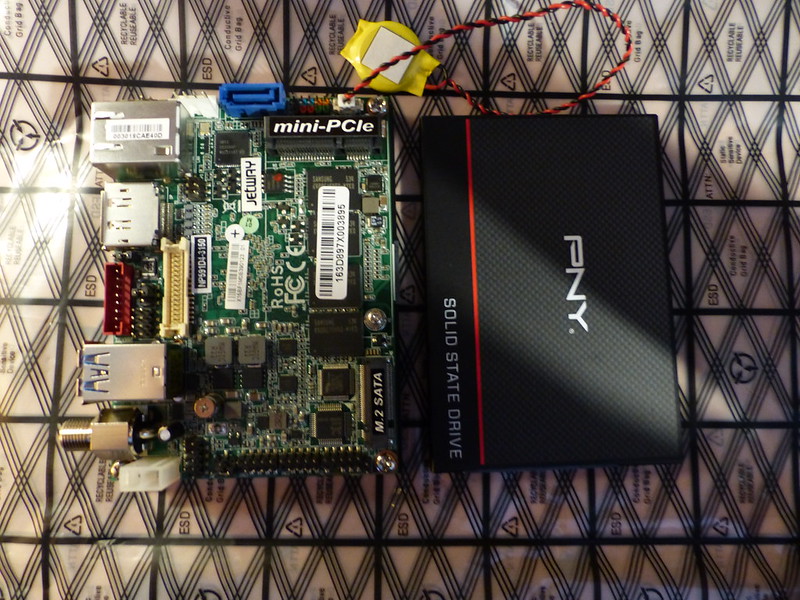- Joined
- Oct 26, 2007
- Messages
- 5,438
- Points
- 83
Aircraft communicate with towers and between them at about 120 MHz narrowband AM. Phone networks, depending on generation an area, operate at least at 700 MHz (usually 1800/1900) so there isn't much of a chance of interference.
Though there are some cases of interference with older aircraft, the FCC bans cellphones on aircraft not because of interference to the aircraft, but interference with cells on the ground given that the phones are moving very quickly and at altitude. Cells are mostly intended to be used terrestrially, and having a cell phone broadcasting and receiving at full power overhead could be pretty disruptive.
There's also the problem with cell phones becoming stressors on the plane. A lot of people talking to other people in those one-sided conversations can get really irritating, and minimizing that in the cramped conditions of a plane is important. Disabling voice communications on a plane might be one of the solutions.
But for that matter: afaik no gas station as ever caught fire due to people smoking while pumping gas either. If the concentration of petrol in the air is within the explosive limits, you will pass out (and probably die) breathing that air long before you can fill up a tank of gas.
I read one account of a fire caused by a cigarette, but usually it is static electricity that causes those refueling fires. With the cigarette, it might be that someone is holding the cigarette while pumping or something stupid. Those nozzles would also sometimes spray back too when people tried to top-off their tanks.




